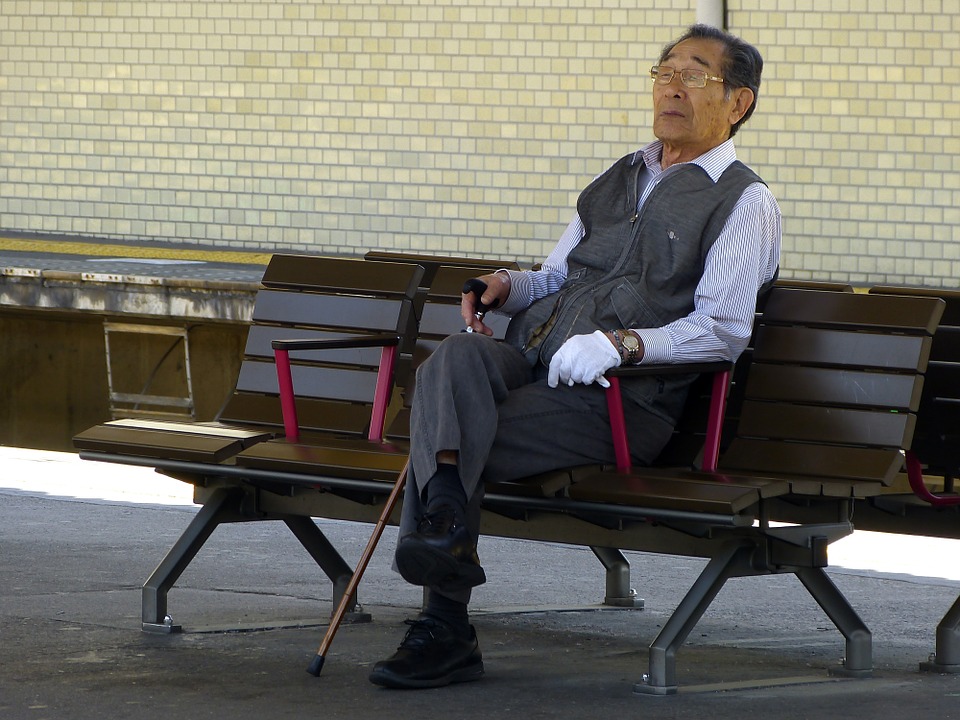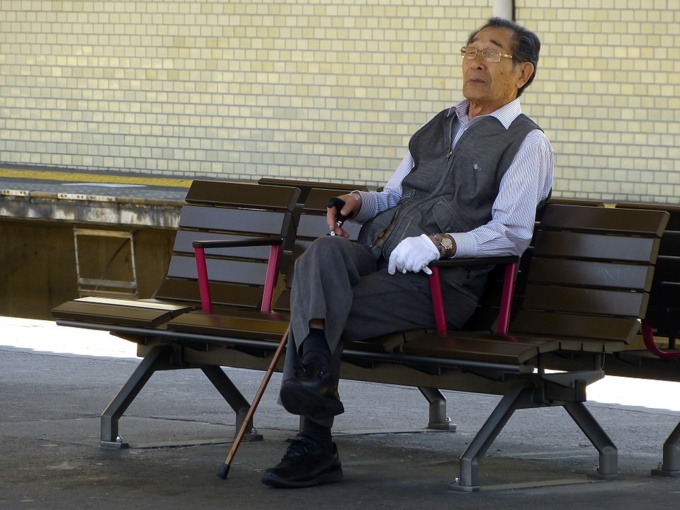Most Japanese companies require full-time workers either to retire at 60, or to work another five years with lower wages and worse working conditions.
This system is the cornerstone of the traditional employment structure for those who believe that their work is their life, from graduation to retirement.
Nevertheless, reduction and aging of the population of Japan makes it necessary to change these rules. The government intends to raise the retirement age to 65 years by 2025 to leave more people in the workforce and reduce pressure on the declining tax base against the backdrop of rising social security costs.
Companies, including Suntory Holdings and retailer Aeon Co Ltd, have already raised their retirement age to 65 years for employees who want to continue working. Others plan to follow suit soon.
"We decided to raise the retirement age to strengthen our competitive advantages and increase efficiency through the use of experienced workers," said Keisuke Takemasu, human resources manager at Suntory. "Undoubtedly, Japanese companies should think about employment above 65 years."
A former head of the Japanese geriatric society, Dr. Yasuyoshi Ouchi, emphasizes that the proposal does not mean that politicians must make a decision and transfer the pension to all Japanese for the 75th anniversary. Instead, people over 60 should get more flexible rules that will allow them to continue working or volunteering for those who want it.
"Those who feel healthy still have to retire when they are 60 or 65. Thus, those who usually support others now need support themselves. We believe that this approach is very outdated", said Ouchi.
According to the proposal, which was developed by the Japanese geriatric society, the Japanese at the age of 65-74 should not be considered old. Instead, they will be people of "presumed age". Those who turned 75, will be considered old, and who celebrated the 90th birthday - the old-timers.
Japan has long been suffering from demographic problems, as the number of pensioners in the country is growing. According to forecasts, 65 years old Japanese will make up 27-38% of the country’s population. This is a challenge for the state budget, because the aging population makes the number of able-bodied citizens, who support the retirees with their taxes, is declining. In 2015, one elderly citizen of Japan accounted for 2.3 employees, but by 2065 this percentage will decrease to 1.3%.
source: reuters.com, theguardian.com
This system is the cornerstone of the traditional employment structure for those who believe that their work is their life, from graduation to retirement.
Nevertheless, reduction and aging of the population of Japan makes it necessary to change these rules. The government intends to raise the retirement age to 65 years by 2025 to leave more people in the workforce and reduce pressure on the declining tax base against the backdrop of rising social security costs.
Companies, including Suntory Holdings and retailer Aeon Co Ltd, have already raised their retirement age to 65 years for employees who want to continue working. Others plan to follow suit soon.
"We decided to raise the retirement age to strengthen our competitive advantages and increase efficiency through the use of experienced workers," said Keisuke Takemasu, human resources manager at Suntory. "Undoubtedly, Japanese companies should think about employment above 65 years."
A former head of the Japanese geriatric society, Dr. Yasuyoshi Ouchi, emphasizes that the proposal does not mean that politicians must make a decision and transfer the pension to all Japanese for the 75th anniversary. Instead, people over 60 should get more flexible rules that will allow them to continue working or volunteering for those who want it.
"Those who feel healthy still have to retire when they are 60 or 65. Thus, those who usually support others now need support themselves. We believe that this approach is very outdated", said Ouchi.
According to the proposal, which was developed by the Japanese geriatric society, the Japanese at the age of 65-74 should not be considered old. Instead, they will be people of "presumed age". Those who turned 75, will be considered old, and who celebrated the 90th birthday - the old-timers.
Japan has long been suffering from demographic problems, as the number of pensioners in the country is growing. According to forecasts, 65 years old Japanese will make up 27-38% of the country’s population. This is a challenge for the state budget, because the aging population makes the number of able-bodied citizens, who support the retirees with their taxes, is declining. In 2015, one elderly citizen of Japan accounted for 2.3 employees, but by 2065 this percentage will decrease to 1.3%.
source: reuters.com, theguardian.com



















